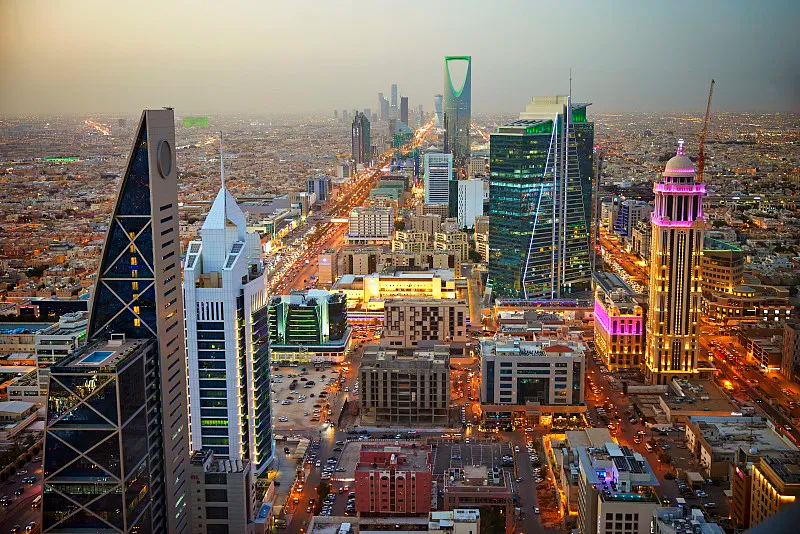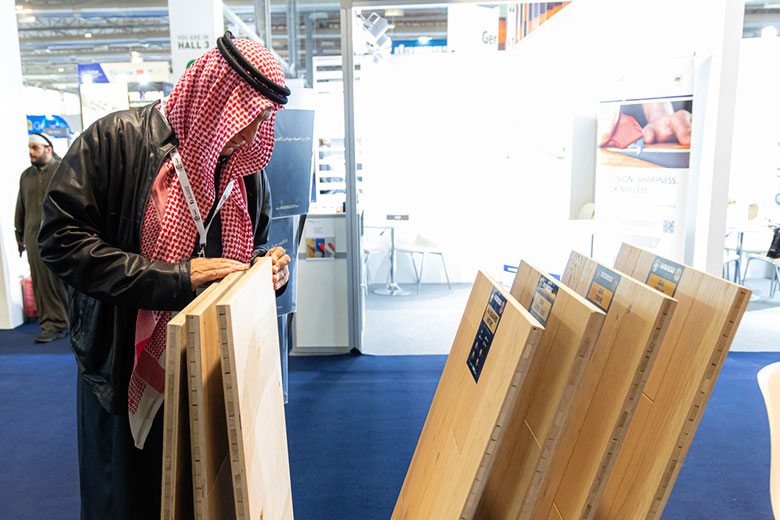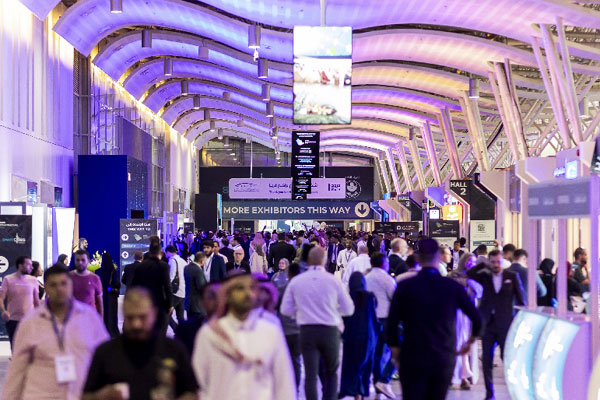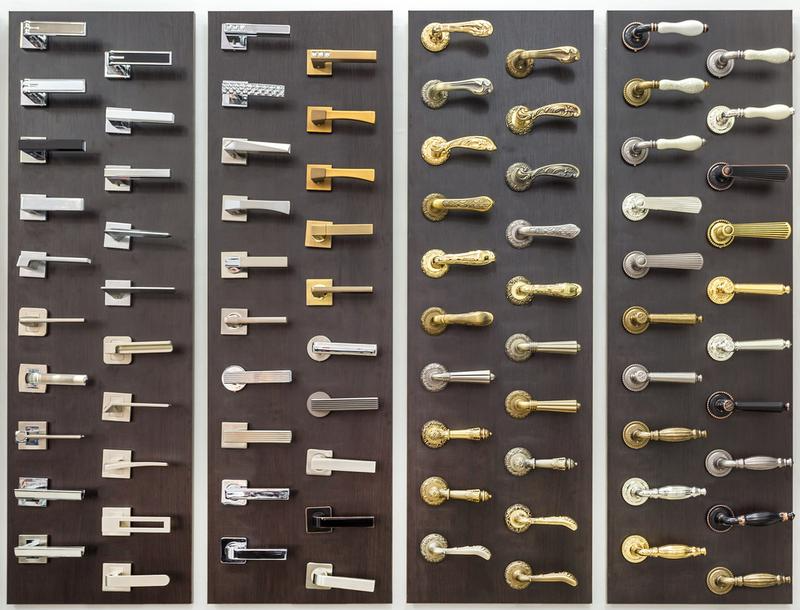Chinese Hardware Furniture Fittings Enter Saudi Market

In order to precisely grasp market opportunities for Chinese hardware products in Saudi Arabia, we conducted systematic research by consulting with long-term clients in the furniture hardware sector, combined with professional business network building and on-site verification, focusing specifically on market penetration research in the furniture hardware accessories field. Through in-depth dialogue with upstream and downstream companies in the industry chain, we not only clearly understood the channel characteristics and competitive landscape of the Saudi hardware market but also precisely identified market entry points for furniture hardware accessory products.
Currently, we have established professional connection channels in key areas such as the Ar Rail building materials market and Badr Industrial Zone, accumulating partnerships with 25 furniture manufacturing enterprises and hardware chain superstores, with a focus on promoting product lines including hinges, slides, handles, and other furniture hardware accessories. According to procurement data feedback from customers, the annual demand for quality hardware fittings in the Saudi market continues to climb, maintaining a stable growth curve across different quarters, with particularly explosive growth trends in the customized hardware components sector.
Against the backdrop of deepening economic and trade cooperation under the “Belt and Road” initiative, Chinese hardware enterprises are reshaping the Saudi market landscape through technological upgrades and product innovation. From traditional construction hardware to intelligent furniture accessories, Chinese manufacturing is writing a new industrial chapter in the Middle Eastern market. So why has Saudi Arabia become increasingly attractive in recent years, with more and more companies turning their attention to Saudi Arabia as an important destination for market expansion?

Strategic Geographic Location with Significant Radiating Effect
Saudi Arabia is located on the Arabian Peninsula, bordered by the Persian Gulf to the east and the Red Sea to the west, adjacent to Jordan, Kuwait, UAE, Oman, Yemen, Bahrain, Qatar, and other countries, serving as an important bridge connecting Asia, Europe, and Africa. Once enterprises enter the Saudi market, they can use it as a springboard to radiate to surrounding countries and regions, achieving rapid expansion of business scope.
Political Stability and Superior Investment Environment
Saudi Arabia enjoys political stability and good social security, creating an ideal investment environment for businesses. The Saudi government has been committed to promoting economic development, offering foreign investors a series of preferential policies and incentives, including tax reductions, financial support, and investment protection. Additionally, Saudi Arabia has established a comprehensive legal system to protect investors’ legitimate rights, providing strong guarantees for the long-term development of businesses in the Saudi market.

Vision 2030 Leading Future Development
Saudi Arabia has released “Vision 2030,” outlining a series of goals in social life, industrial development, and national construction, mainly encompassing three major themes: a vibrant society, a thriving economy, and an ambitious nation. The “Belt and Road” initiative aligns well with Saudi Arabia’s “Vision 2030,” with strategic alignment continually strengthening.
Economic Diversification and Emerging Industries
The Saudi government actively promotes economic diversification, strongly supporting non-oil economic industries and advocating for the development of digital and green economies. They are pushing for industrial structure transformation and upgrading, with continuously expanding scale in fields such as cloud data, 5G, artificial intelligence, healthcare, and tourism culture, providing space for innovative development for enterprises.
Saudi Arabia has become the host for the 2029 Asian Winter Games and the 2034 Asian Games. In preparation for these events, Saudi Arabia has launched the NEOM “New Future City” construction plan. NEOM covers a total area of 26,500 square kilometers, near the Red Sea, the Strait of Tiran, and the borders of Egypt, Israel, and Jordan, and is being planned as a smart city and tourism destination.

Strong Import Demand
Saudi Arabia is vigorously developing infrastructure construction, with road building, construction projects, and new city development visible everywhere, driving demand for building materials, engineering machinery, hardware, and labor protection products. However, Saudi Arabia’s own manufacturing industry is relatively weak at present, and apart from petroleum and its derivatives, the vast majority of products rely on imports in huge quantities to meet the needs of local economic and social development.
Young Population Structure and Strong Purchasing Power
Saudi Arabia’s population structure skews younger, with statistics showing that people under 30 account for about 70% of the total population, and those under 25 account for about 50%. This means that Saudi Arabia has a large group of young consumers who often have higher consumption desires and purchasing power, with higher pursuit of high-quality, high-value-added products.

Professional Exhibition Platforms Assisting Market Expansion
The Saudi WoodShow, as the only professional exhibition for furniture accessories, wood industry, and woodworking machinery in Saudi Arabia, is a member of the WOODSHOW series created by Strategic Marketing & Exhibitions, forming regional linkages with exhibitions in Egypt and Dubai. Meanwhile, the Saudi International Hardware Expo, relying on the global resources of Koelnmesse (organizer of the International Hardware Fair Cologne) and dmg company (operator of the Middle East’s five major industry exhibitions BIG5), has become the only professional hardware tools industry exhibition in the Middle East, affiliated with the global brand series of the International Hardware Fair Cologne. These two exhibition platforms, benefiting from Saudi government support for large-scale construction projects and retail expansion, have opened channels to rapidly growing markets in the Middle East for global enterprises, especially providing important opportunities for Chinese companies to showcase innovative products and establish strategic cooperation with buyers from Saudi Arabia and surrounding countries.
Increasingly Close Trade Between China and Saudi Arabia
Relations between China and Saudi Arabia have developed steadily, with fruitful cooperation across various fields. Since 2001, Saudi Arabia has consistently been China’s largest trading partner in the Middle East. Since 2013, China has become Saudi Arabia’s first trading partner. In 2022, bilateral trade between China and Saudi Arabia reached $116 billion, making Saudi Arabia China’s first hundred-billion-dollar trading partner in the Middle East. Under the joint concern and promotion of the leaders of both countries, the comprehensive strategic partnership between the two countries continues to deepen and shows strong development momentum. The two countries have strong economic complementarity, enormous cooperation potential, and broad development prospects.
As the economic center of the Middle East region, Saudi Arabia possesses a vast market scale and stable consumption foundation. From infrastructure construction to energy, manufacturing, and other sectors, the Saudi market is showing vigorous growth trends. With the continued prosperity of the Saudi economy, its market scale will further expand, and Chinese enterprises should actively seize opportunities and boldly explore the Saudi market.
